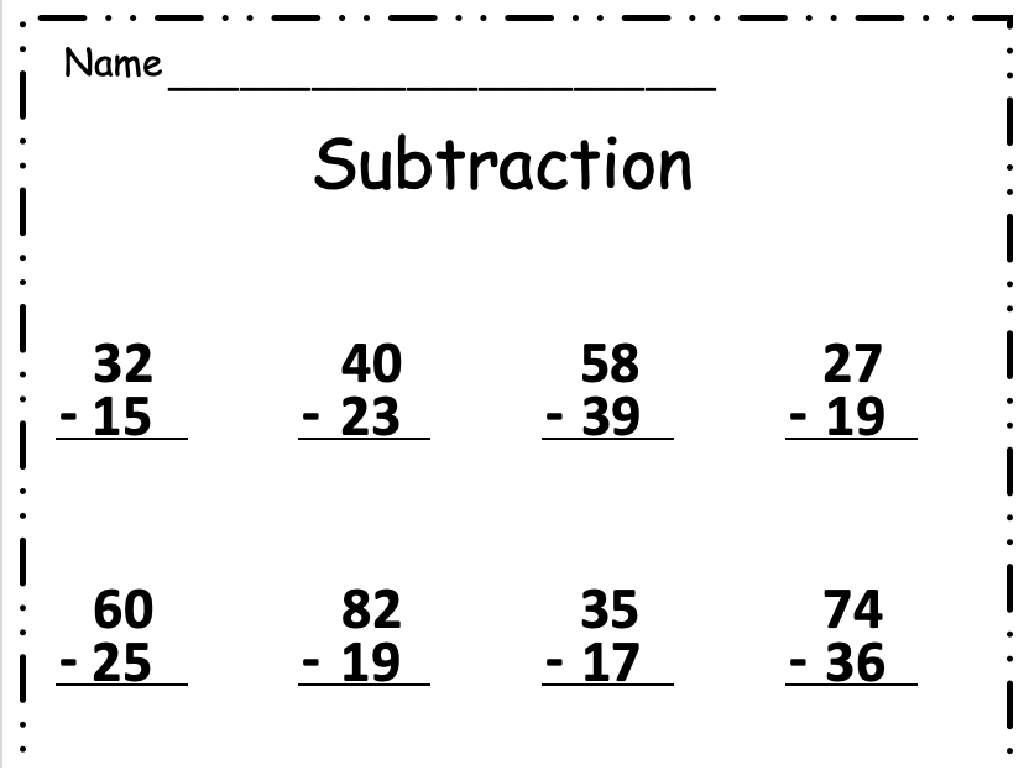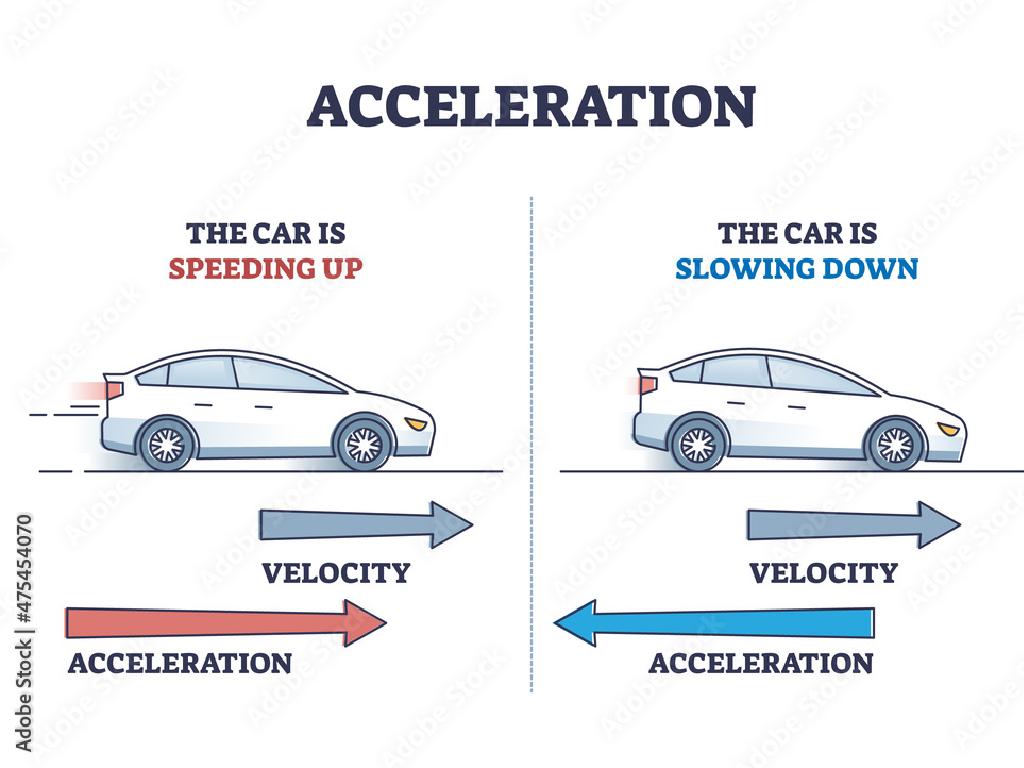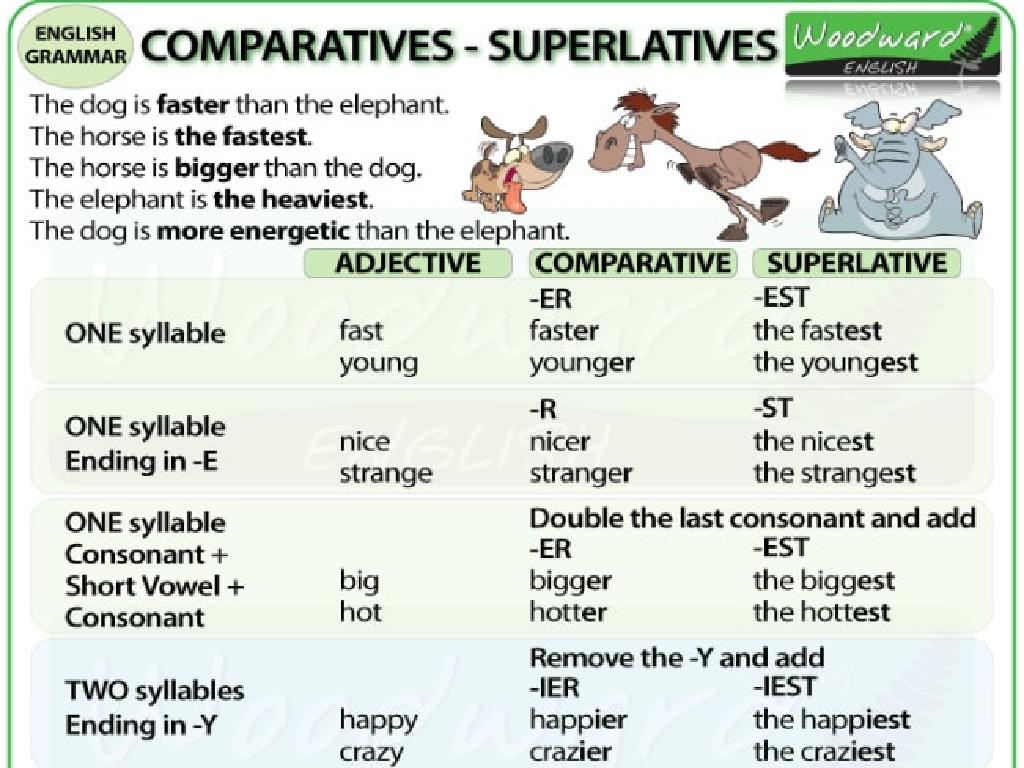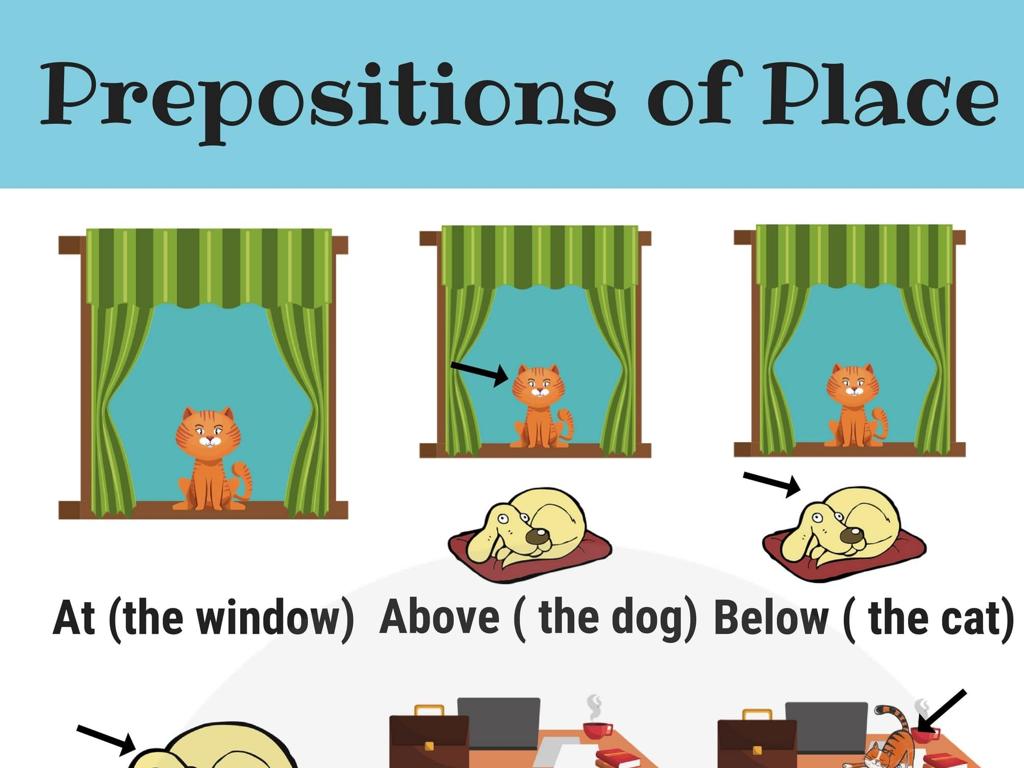French And English Expeditions: Part I
Subject: Social studies
Grade: Eighth grade
Topic: Age Of Exploration
Please LOG IN to download the presentation. Access is available to registered users only.
View More Content
The Age of Exploration: French and English Expeditions
– Exploring the Age of Exploration
– A period marked by global maritime exploration.
– Motives behind European voyages
– Seeking trade routes, wealth, and knowledge.
– Focus: French & English expeditions
– How France and England explored the new world.
– Significance in history
|
This slide introduces students to the Age of Exploration, emphasizing the French and English expeditions. Begin with a brief overview of the period, highlighting its significance as a time when Europeans explored the world by sea, searching for new trading routes, resources, and knowledge. Discuss the various motives that drove countries like France and England to embark on these dangerous journeys, including economic gain, national prestige, and the spread of Christianity. Today’s focus will be on the contributions and impact of French and English explorers, setting the stage for a more in-depth look at their specific voyages and the outcomes of their expeditions. Encourage students to think about how these expeditions changed the course of history and the modern world.
Motives for Exploration: The Three G’s
– Explorers sought Gold, God, and Glory
– The desire for precious metals, spiritual fulfillment, and fame drove explorers
– Economic motives: seeking trade and wealth
– New trade routes promised access to luxury goods and direct wealth accumulation
– Religious missions: spreading Christianity
– Missionaries accompanied expeditions to convert indigenous populations
– Political ambitions: establishing colonies
– Nations aimed to expand their influence and power by claiming new territories
|
This slide delves into the primary motivations behind the French and English expeditions during the Age of Exploration. The ‘Three G’s’ Gold, God, and Glory summarize the complex interplay of economic, religious, and political factors that propelled these voyages. Economic desires were not just about finding gold but also establishing lucrative trade routes to the East for spices and silk. Religious missions often went hand-in-hand with exploration as European powers sought to spread Christianity to new lands. Political ambitions were evident as countries like France and England wanted to establish colonies to demonstrate their national superiority and expand their global influence. Encourage students to think about how these motives are interconnected and how they influenced the course of history.
French Expeditions: Explorers and Impacts
– Jacques Cartier’s voyages
– Explored parts of Canada, claiming land for France
– Samuel de Champlain’s expeditions
– Founded Quebec, mapped the Great Lakes
– Effects on indigenous peoples
– Encounters led to cultural exchange and conflict
– New France and the fur trade
– Fur trade spurred settlement and economic growth
|
This slide introduces students to the key French explorers Jacques Cartier and Samuel de Champlain, who played significant roles in the exploration of Canada. Cartier’s voyages in the 1530s laid the groundwork for French claims in the New World, while Champlain’s later expeditions established Quebec and expanded French influence. Discuss the complex interactions between these explorers and the indigenous populations, including both cooperation and conflict. Highlight the importance of the fur trade in the development of New France, which became a lucrative part of the French colonial empire. Encourage students to consider the long-term effects of these expeditions on the history and culture of Canada.
English Expeditions: Pioneers of the New World
– John Cabot’s North American voyage
– Italian navigator Cabot, under England’s flag, reached North America in 1497, claiming land for the English crown.
– Quest for the Northwest Passage
– Explorers sought a direct route to Asia through North America, known as the Northwest Passage, to facilitate trade.
– English expeditions’ role in colonization
– English voyages led to the establishment of colonies, which became the foundation of future British America.
– Franco-English rivalry in the New World
– Competition for territories and resources in the Americas intensified the longstanding enmity between France and England.
|
This slide introduces students to the key figures and events of English expeditions during the Age of Exploration. John Cabot’s journey marked the beginning of England’s territorial claims in North America. The elusive Northwest Passage was a significant motivator for many expeditions, as European powers sought economic advantage through trade with Asia. The impact of these expeditions on colonization is profound, setting the stage for the development of British America. Additionally, the rivalry between France and England in the New World is a precursor to future conflicts and plays a crucial role in shaping the political landscape of the Americas. Encourage students to consider the motivations behind these expeditions and their long-term effects on history.
Comparing French and English Expeditions
– Goals of French vs. English
– Both sought wealth and trade, but French focused on fur, while English aimed for colonization.
– Competition’s role in exploration
– Rivalry for dominance and trade spurred faster and further exploration.
– Expeditions’ impact on Europe
– Expeditions led to new trade routes, wealth, and the rise of powerful maritime empires.
– Effects on the New World
– Colonization efforts resulted in cultural exchanges, conflicts, and significant demographic changes.
|
This slide aims to highlight the key similarities and differences in the objectives of French and English expeditions during the Age of Exploration. While both nations were driven by the desire for wealth and new trade opportunities, their approaches differed, with the French concentrating on the fur trade in North America and the English on establishing colonies. The intense competition between European powers was a major catalyst for the rapid pace of exploration. The long-term effects of these expeditions were profound, reshaping the economic landscape of Europe and leaving an indelible mark on the societies and cultures of the New World. Discuss the nuanced outcomes of these expeditions, including the positive and negative impacts on indigenous populations, and the geopolitical changes that shaped the modern world.
Expedition Debate: French vs. English
– Divide into French and English groups
– Debate your nation’s expedition impacts
– Support arguments with lesson evidence
– Use facts from explorers’ journeys, settlements, and interactions with natives
– Conclude with a class learning discussion
|
This class activity is designed to engage students in a debate format to explore the impacts of French and English expeditions during the Age of Exploration. By dividing the class into two groups, students will delve into the historical significance of their assigned nation’s explorations and their effects on the world. Encourage students to use specific evidence from today’s lesson, such as the routes taken, settlements established, resources found, and interactions with indigenous peoples. After the debate, lead a class discussion to reflect on what was learned and to synthesize the information from both perspectives. Possible activities for different students could include role-playing as historical figures, creating maps of expeditions, or writing a diary entry from the perspective of an explorer.






